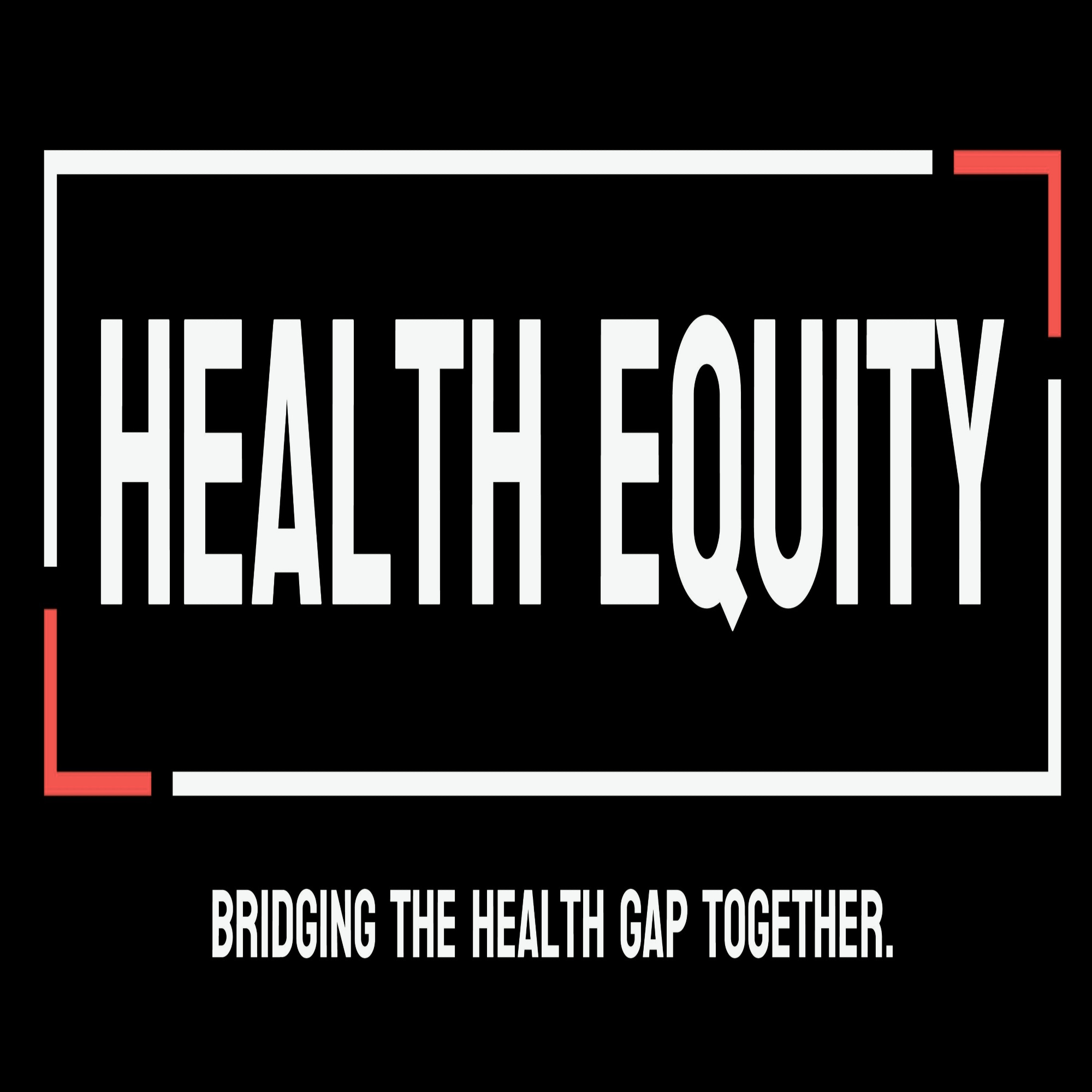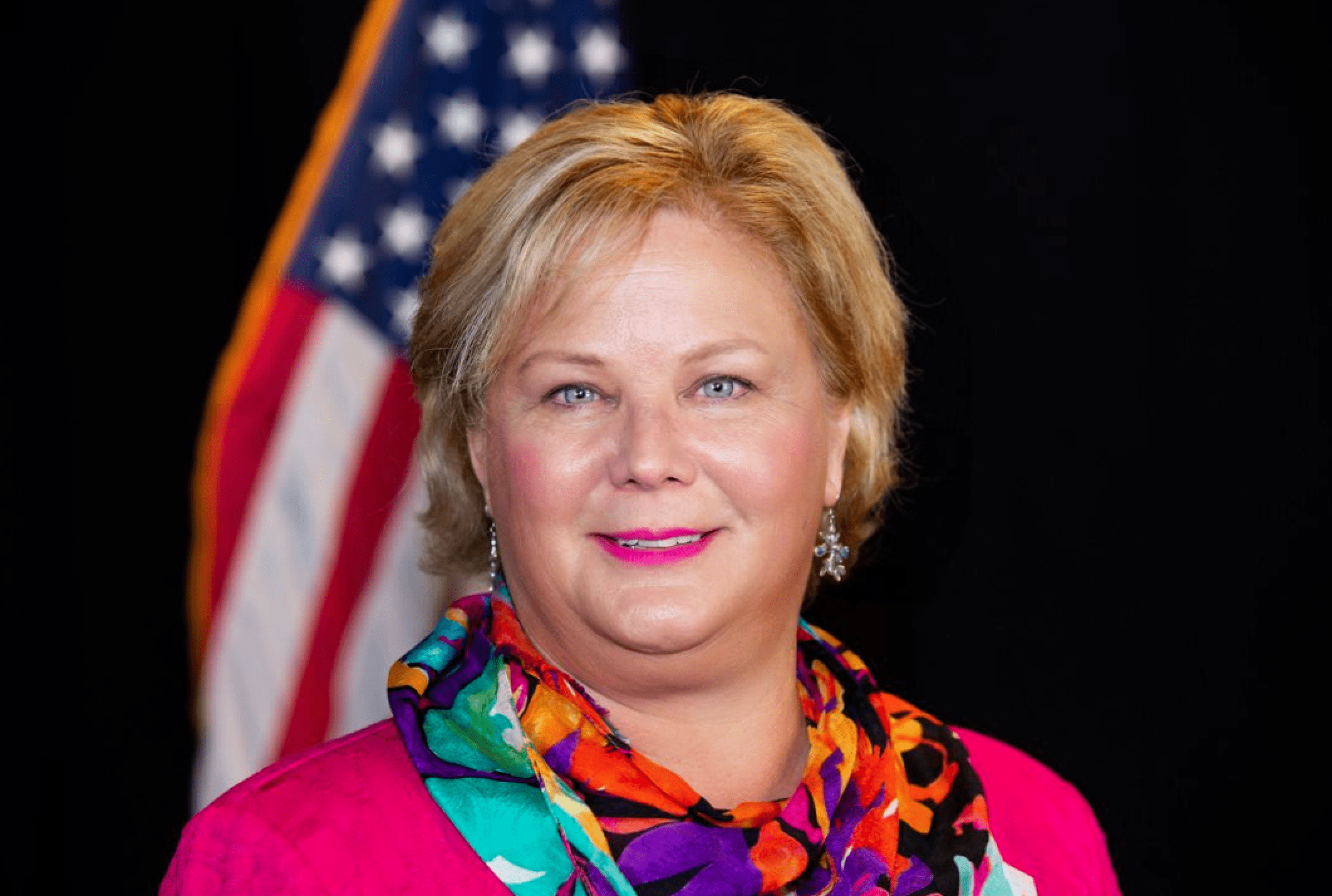
Imagine a 21st Century Older American Social Care Act
Social Care is 21st Century Healthcare
Social care can no longer be treated as the poor stepchild of healthcare. Health insurance companies have become masterful in exploiting the gaps and loopholes within programs like Medicare and Medicaid. The trend began as cost-cutting measures for commercial insurance plans known as Health Maintenance Organizations and Preferred Provider Organizations last century. These programs, designed with good intentions, find themselves vulnerable to manipulation, leading to a distorted healthcare landscape where profits for large healthcare corporations amass fortunes for stockholders at the expense adequate member services.
Medicare Part C and Part D
The constraints of 20th-century laws are glaringly apparent in our rapidly evolving 21st-century reality. Social Security Laws written for a different era, struggles to address the complex challenges we face today. The Medicare Modernization Act of 2003 were major changes to Medicare establishing Part C – Medicare Advantage and Part D- the prescription drug benefit. Remember, this was time that when electronic health records and claims processing transformation changed the practice of medicine for better or worse (depending on who you ask). The Modernization Act grew the fields of disease and care management. This era started the annual physical exam payment era that has spawned all kinds of perks for those who participate. However, the same electronic data exchange, new delivery models, and payment revolution did not happen for home and community-based services.
Federally Qualified Health Centers
The Affordable Care Act (ACA) when even further in modernizing Medicare and Medicaid. ACA gets credit for expanding the number and reach of Federally Qualified Health Centers (FQHC). The Commonwealth Fund studied their impact and use of technology to expand services in the most difficult markets across the country. We see the impact of Medicaid expansion where some states accepted the public funds and others declined it. The latest Medicaid revolution is the Medicaid Expansion Unwinding debacle that I covered last year.
Big Insurance, Big Data
The problem with the ACA approach, in my humble opinion, is the ability for insurance companies (Goliath) to complete against local home and community-based services (David) and FQHCs for the same funding and staff. In addition, the insurance companies have decades of claims and patient record data for building their models and validating their impact. As for a level playing field, how do home and community-based services compete? By counting heads, butts in seats, and amassing antidotes without the sophisticated data insights support their impact statements.
Social Drivers of Health
We can no longer separate out social care and custodial care from healthcare for they are intertwined need facing Medicare, and Medicaid, beneficiaries. The legal framework that once aimed to regulate and protect all older and disabled Americans, is woefully inadequate. Today, the heavy burden of daily care continues to fall on the unpaid, untrained family caregiver since Medicaid does not fully cover the needs of qualifying members and Medicare and MA are not obligated to cover at home care needs, well, for the long term. In fact, today’s Medicare program does not help a senior living with multiple chronic conditions at home with social needs. If this same senior does not qualify for needs-based services (old age programs with long waiting lists for services) then this senior either get sicker or poorer to get government funded care. We need a comprehensive and forward-looking model to navigate the 21st-century lives using technology and data to better serve the diverse needs of the entire Medicare population. I believe comprehensive senior care must be the next Social Security Law update.
Social Security Title XXI Twenty-First Century Senior Care
- Broadband high speed internet connection as a public utility
- Broadband utility subsidies for rural and inner-city care deserts
- Smart devices subsidies expansion (Broadband Equity Access and Deployment (BEAD) program) to use telehealth, tele-mental health, and remote patient monitoring services.
- HITECH Act for specially for home and community-based services with funds to hire competent data scientists and technicians to assist direct care staff training and support.
- Geriatric assessment covering physical, mental, social, and financial wellbeing.
- Caregiver education, training, and financial compensation including social security contributions as well as access to respite care.
- Long Term Care plan with wraparound services to include chronic condition management, activities of daily living, home safety, social engagement, transportation, caregiver support, and medical treatment under a unified care plan for every Medicare beneficiary.
- Assistive devices for hearing, vision, mobility, and other medical equipment necessary to remain in the least costly and restrictive home environment.
- Access to public health and primary care services for primary and secondary prevention services in local communities open to all beneficiaries.
- Home and Community-Based services for housing, hunger, transportation, and social engagement programs.
- Housing services for repairs, modifications, and sharing for long-term care needs.
- Standardize palliative and end-of-life benefits for all beneficiaries.
- Employment training and transportation for all Medicare beneficiaries.



